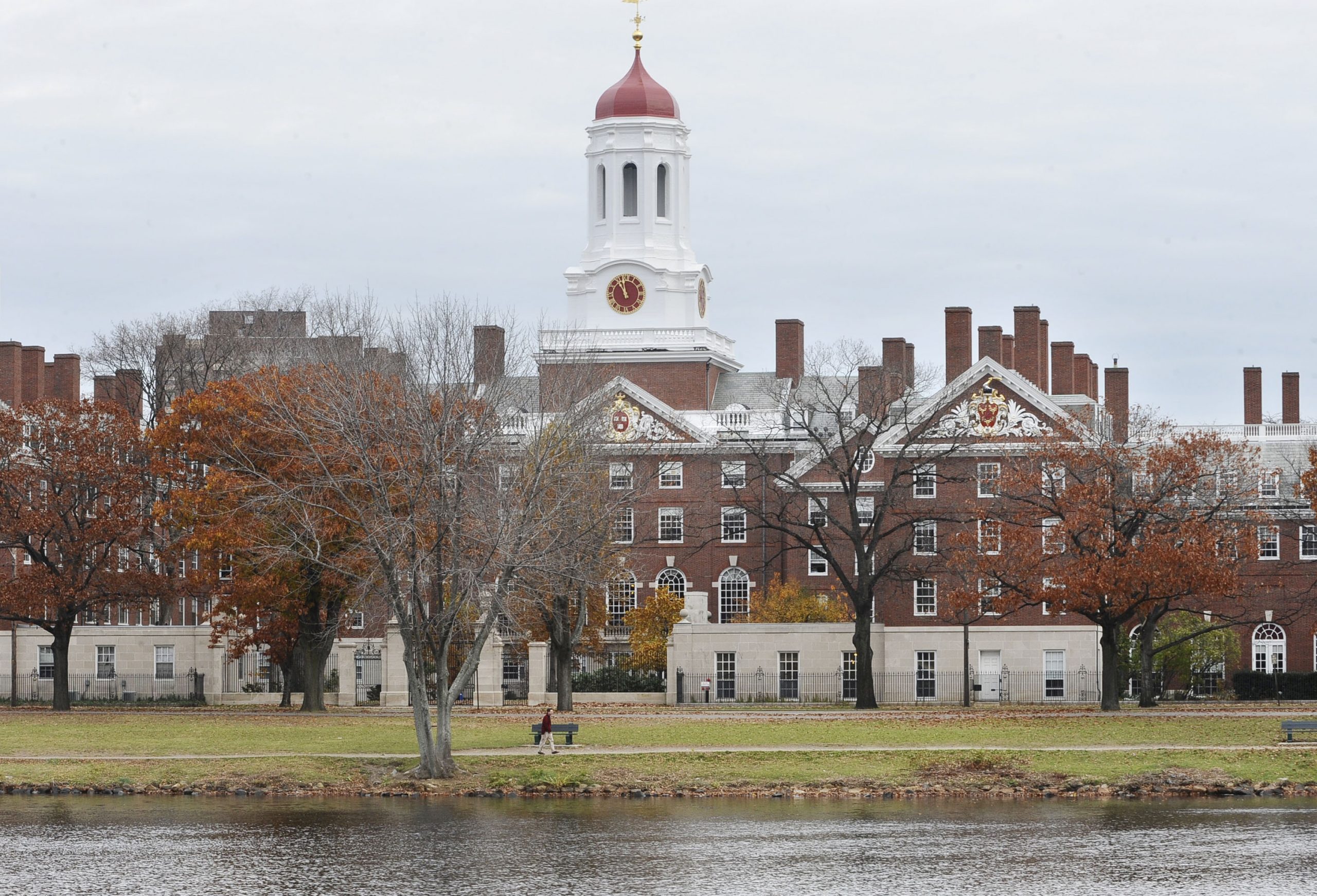The Supreme Court announced Wednesday it will hear oral arguments in challenges to race-conscious admissions policies at Harvard University and the University of North Carolina, Chapel Hill, on Oct. 31.
Justices agreed in January to take up the lawsuits brought to the institutions by the conservative nonprofit group Students for Fair Admissions on a consolidated basis, but they recently agreed to decouple the cases into two separate oral argument periods, with each slated to last about an hour.
CONGRESSIONAL DEMOCRATS JOIN AFFIRMATIVE ACTION LAWSUIT BEFORE SUPREME COURT
The decision was presumably made to allow the newest Justice Ketanji Brown Jackson to weigh in on the UNC case after she pledged to recuse herself from the Harvard case in March due to her role on the university’s Board of Overseers, which concluded on May 26.

The high court will first hear the UNC case with all nine justices present, but Jackson will step away from the bench during the Harvard oral arguments, meaning only eight justices will rule on the second case.
Challengers to the university’s race-based admissions policies claim that Asian Americans are unfairly disadvantaged by the policies and are admitted at a lower rate than white applicants despite having higher test scores on average.
Additionally, a recent brief filed by House Democrats urging the court to uphold affirmative action policies serves as a reinforcement of the position held by President Joe Biden’s Justice Department. Before the Supreme Court took up the case for consideration in January, the Justice Department asked the court to reject Students for Fair Admissions’s petition.
The chance for the Supreme Court to strike down affirmative action policies is much greater than it has been in decades given the 6-3 Republican-appointed supermajority on the court.
CLICK HERE TO READ MORE FROM THE WASHINGTON EXAMINER
In addition to hearing the case on Oct. 31, the high court announced five additional oral argument dates during the first two weeks of November.
The fall 2022 term is slated to begin with oral arguments in Sackett v. Environmental Protection Agency on Oct. 3, a case that will see the justices rule on what kinds of bodies of water constitute “waters of the United States” under the federal jurisdiction of the Clean Water Act.
